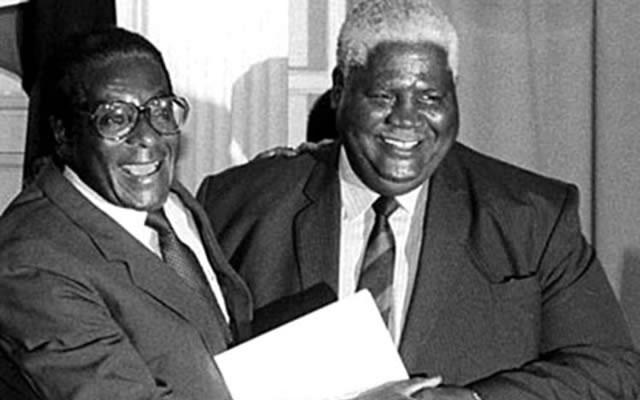Tobacco farming goes national

 Golden Sibanda Senior Business Reporter
Golden Sibanda Senior Business Reporter
The Tobacco Research Board is conducting research on the feasibility of growing tobacco in non-traditional tobacco farming areas.
TRB chief executive Dr Dahlia Garwe said significant progress had been made in studies to establish varieties that thrive in drier regions.She said the expansion in tobacco growing areas has seen registered growers increasing from 1 500 predominantly white farmers in the early 2000s to 106 000 mostly black farmers last year.
“For us it is a learning experience as well, it means that we can start to experiment on what happens when you grow tobacco in a more arid environment; to say do you get the same quality?” she said.
In that regard, TRB has established a total of 74 tobacco demonstration centres across the country to educate tobacco farmers on the best practices of how to grow the commercial crop.
To date, Dr Garwe said they have noted production of the crop in non-traditional tobacco areas of Manicaland, Matabeleland and Masvingo.
“The reason for that (expansion) is that the returns from tobacco are actually the best for any crop that you can grow in this country,” she said.
Tobacco deliveries this year have reached 216 kilogrammes, realizing $685 million at an average price of $3,17/kg.
Dr Garwe said an attractive return from the production of tobacco comes against the backdrop of poor prices in maize and cotton crops.
“We have growers who are growing tobacco even in Matabeleland North, which actually is a generally dry area,” she said.
Against this background, Dr Garwe said knowledge such as the need for water when planting tobacco, was of utmost importance.
She said farmers can not solely rely on rainfall since at least 5 litres of water was required per plant to enable the crop to spread its roots far deep into the ground to underground water sources.
Dr Garwe said TRB was working with various stakeholders, including Ministry of Agriculture, Mechanisation and Irrigation Development, through Agritex, to educate tobacco farmers countrywide.










Comments